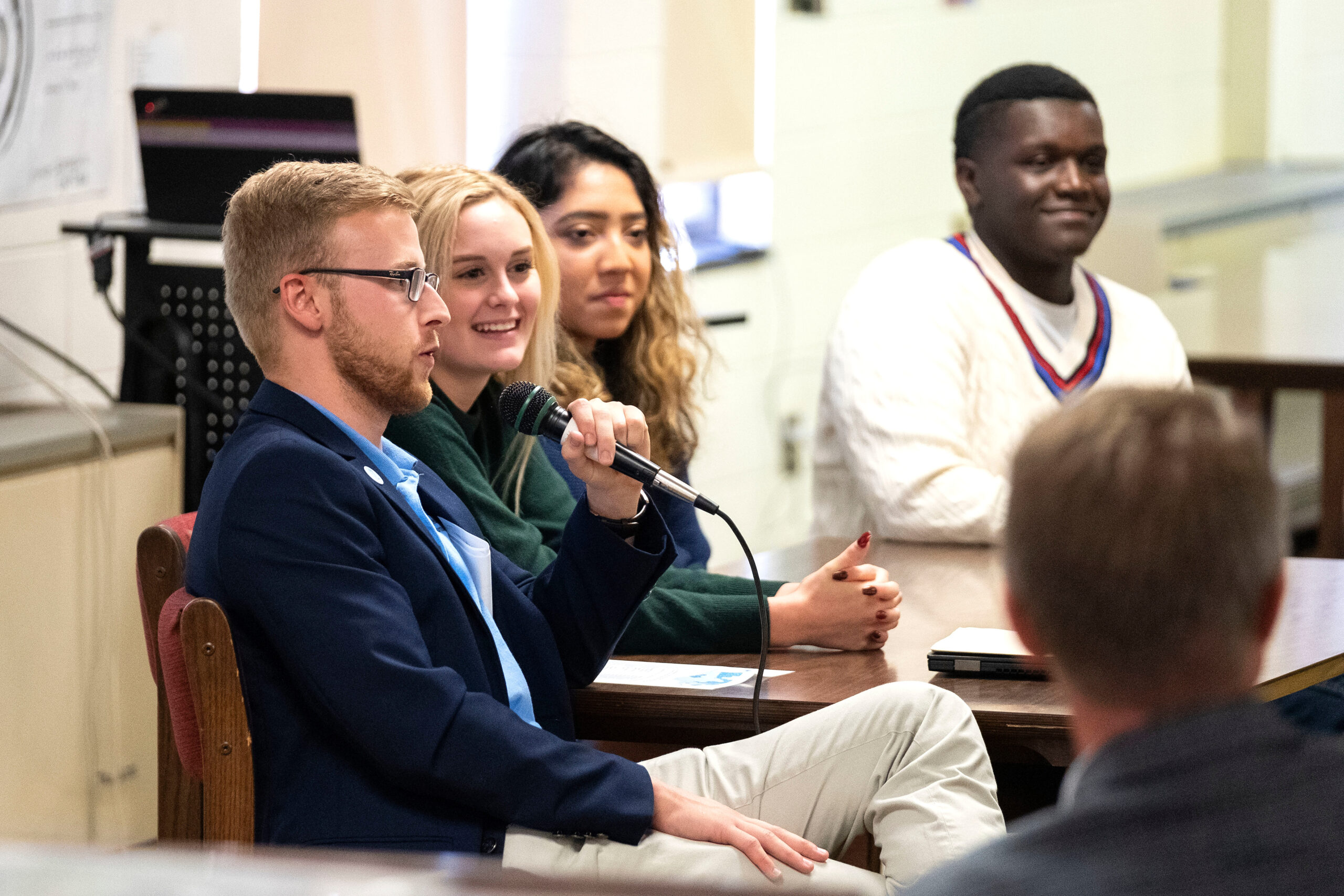College Advising Corps
Founded in 2005, College Advising Corps works to increase college enrollment for low-income, first-generation college, and underrepresented high school students. CAC focuses on a near-peer approach that places recent college graduates from partner colleges and universities in high schools to serve as full-time college advisers. CAC advisers focus their services on eight key performance indicators (KPIs) that have a positive relationship with college enrollment. These KPIs include campus visits, college fairs, SAT/ACT registration, college workshops, college application submissions, FAFSA completion, scholarship dollars awarded, and parent engagement. Advisors also work to improve students’ college persistence and completion outcomes by sending students to colleges that are a good academic and personal fit.
As of the 2022-23 academic year, CAC has partnered with 21 colleges and universities and served more than 240,000 high school students per year (CAC, n.d.a). Although CAC has been operating for nearly 20 years, research evaluating its effect on college outcomes is limited. The primary purpose of this study is to evaluate the effects of CAC to measures related to the organization’s Key Performance Indicators and student success in college.
Aims/Goals
Our study aims to evaluate the effects of CAC on students’ college-going behaviors and outcomes. In particular, this study uses data from North Carolina and an event study estimation strategy to evaluate CAC’s effects on college-going behaviors like FAFSA completion and college application submissions, along with subsequent college enrollment, persistence, and completion. Additionally, the study investigates whether the effects vary by student demographic characteristics or CAC program.
Potential Outcomes/Impact
The results of this study will extend existing literature on CAC, which currently focuses on college enrollment, to college-going behaviors and student success in college. These findings will also contribute to CAC’s existing evaluation efforts, which could be used to guide future areas of focus for the organization as well as inform the work of other organizations aimed at improve college enrollment and success for traditionally underserved populations.
People
- Rachel Worsham
- Alex Weng
- Peyton Powers
- Matt Springer
- Daniel Klasik
- Constance Lindsay
Publications
- The Impacts of the College Advising Corps on College Enrollment and Postsecondary Success in North Carolina [PDF]
- The Effects of the College Advising Corps on Student College Application Behaviors in North Carolina [PDF]
- The Effect of the College Advising Corps on Student Financial Aid Applications in North Carolina [PDF]
